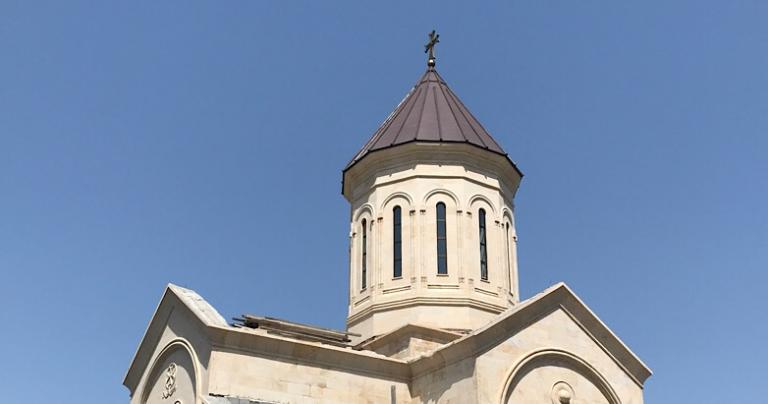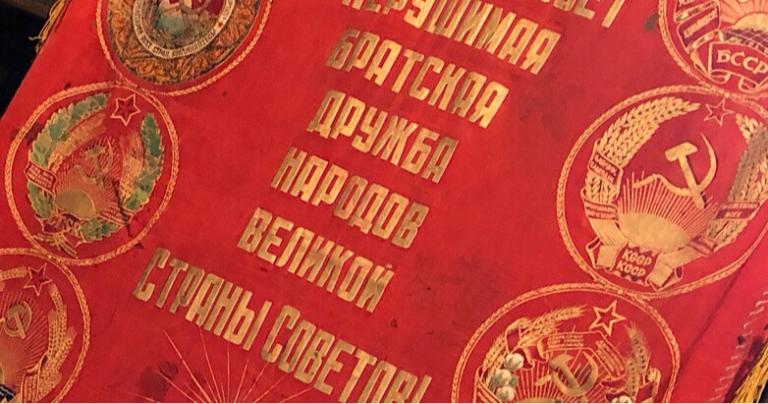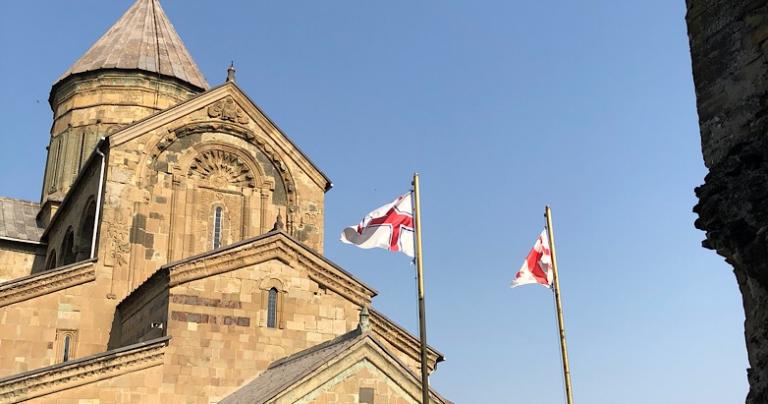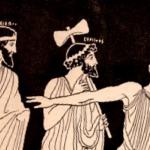 If you want hope, Georgia should be on your mind.
If you want hope, Georgia should be on your mind.
I wanted currency to visit Georgia and asked a currency exchange office in Los Angeles to help. She looked at me with real sorrow: “Georgia is a state. They use dollars just like here.”
Nevertheless I persisted.
“Oh, yes. I mean the nation of Georgia, the one in the Causus region near Russia.”
“I am sorry, sir. Georgia is a state and there is not Georgian currency.”
Nevertheless Georgia persists.
Despite the imperial dreams of Putin and Edrogan, Georgia is indeed a nation. I read once that nobody in America who writes about Georgia can avoid the adjective “plucky” as we only write about the nation when she is being invaded by one of her neighbors. Sharing a border with Turkey and Russia while being close to Iran has not made for a pacific history.
Georgia has a fascinating language, related to no other. Our school and College program is blessed with a Georgian speaker and connections through the Orthodox Church. I accepted an invitation from this co-worker and her family to visit. What I saw was a nation of four million roughly the size of North Carolina of great natural beauty: desert, mountain, beach front beauty.
Mythology tells us Jason visited for a Golden Fleece. The Romans knew the wine. Saint Nina, equal to the Apostles, brought Georgia (one of the oldest Christian nations) her soul. Driving on the highways, I would look up and see a ruined castle just sitting there creating scope for the imagination. Tbilisi, the bustling capitol, is up to date, but not yet generic. The Georgians spent centuries under Russian domination. She is in no hurry to become like any master: economic, cultural, or otherwise.
Georgians who remember the 1980’s also know the sterility of atheism and socialism.  They had both foisted on them by their Russian overlords. As a result, even younger Georgians do not look at secularism and see the future. They can ask parents about the murder, see the brutal socialist architecture, and note that only now is a free Georgia finding prosperity.
They had both foisted on them by their Russian overlords. As a result, even younger Georgians do not look at secularism and see the future. They can ask parents about the murder, see the brutal socialist architecture, and note that only now is a free Georgia finding prosperity.
The Orthodox Church of Georgia is led by the living legend Ilia II. If you are discouraged by your particular bishop or local leader, read of his life of service and courage. I was honored to meet some of his pastors who have heroically rebuilt beauty out of the ugliness of the Soviet regime, started schools with no resources, and preserved Georgian music, art, and culture when doing so was hard.
Georgia is surrounded by enemies, but also opportunity.
Georgia might just become another European Union state, but the horrific experience of socialism and external rules from a foreign city are a powerful deterrent. American technology and pop culture are a corrosive bit of moral colonialism, but the beauty and service of the Church stands as a check to confusing American virtues with American vices.
Georgia might become a different model for the world. By remaining true to the heroes of her past, she could become a modern nation that is not in thrall to modernity. Georgia has the beautiful language (down to a unique alphabet), poetry, history, and grit to resist imitation while adapting what is good, true, and beautiful in other nations.
One thing is certain: friends of liberty should support a free Georgia with her historic borders restored so we can see what might be. We should be slow to push our own solutions on Georgia, learning before preaching. There is much to learn or so it seemed to me in my all too brief visit.
Visit if you can. I hope to return if my friends will have me. Georgia represents a different possibility for the future depending on her choices: liberty without licentiousness, tradition guiding technology. Here is hoping Georgia is indeed plucky enough to lead Europe and help save the West simply by being allowed to be Georgian.
Saint Nina pray for Georgia and pray for us.

——————————————————-
(Some information in this piece may come from the fine book Georgia: A Political History Since Independence by Stephen Jones.)












